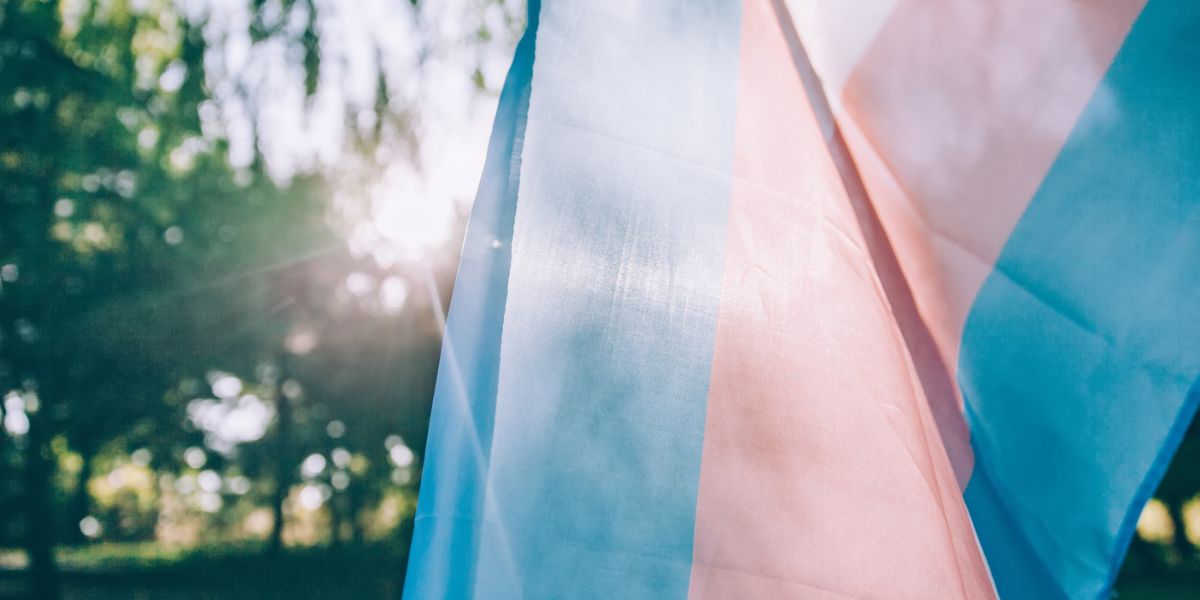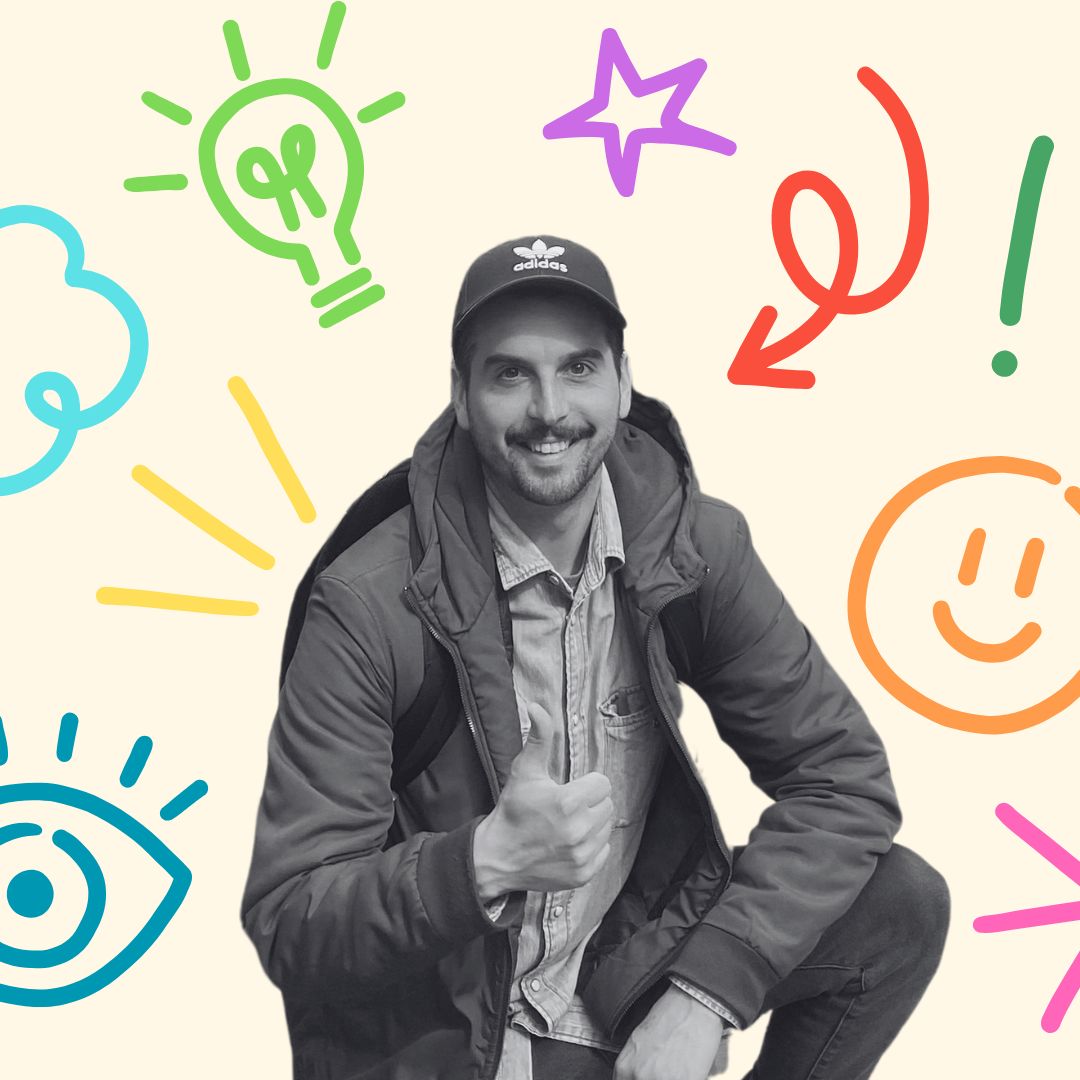You have found great ways to engage with your customers, either be that through your social media, events at your retail store, or participating in local markets. Why is it so important for you to engage with your customers and make sure that they feel that they’re part of your success story?
We have found that committed clients are the ones that drive the business.
We spend a lot of time in person to educate our clients. For example, we consider local markets to be both educational and selling opportunities. Once someone connects with us and our brand story, they tend to be more loyal. We want customers to feel the value in what we do and we try to gain loyalty through these interactions and we use our branding and social media to try to continue to engage these clients.
How do you make sure you’re always innovating and staying inspired?
Early on we tried to be “yes” people no matter what, and we never rejected any opportunity that came our way. Later on, we learned to say “no” when an opportunity did not really fit in with our brand values, even though it was great. It is very important to find balance, which we don’t always do.
We’re all about trying to support each other, and we tried to look at other businesses we respected and their social spheres of influence, and we tried to build on each other community reach and social presence.
You just have to find a balance in saying “yes” enough, not always.
We sometimes struggle with not going overboard with our commitments. It is very important for us to take pauses. We can’t stress enough how crucial finding a balance is. We’ve had to learn that the hard way over the years, and we’d always mention this to others who are just starting out their business.
We like to see things more like a marathon, rather than just a sprint. You have to continuously innovate rather than just go at it all at once.
We also looked at urban beekeeping projects in other progressive cities, such as Montreal and Portland. We always tried to be up-to-date with projects that we looked up to, and tried to find things that we could learn from them. Inspiration is everywhere.
You now have full-time staffers. What is it like employing people in the company you dreamed up together? Was it hard to entrust someone else with something so personal to you both?
We learned from the start that letting someone into your passion project makes you feel incredibly vulnerable. You need to show them who you are and what your goals are, and you also have to make sure that they portray and have internalized the same values and goals.



